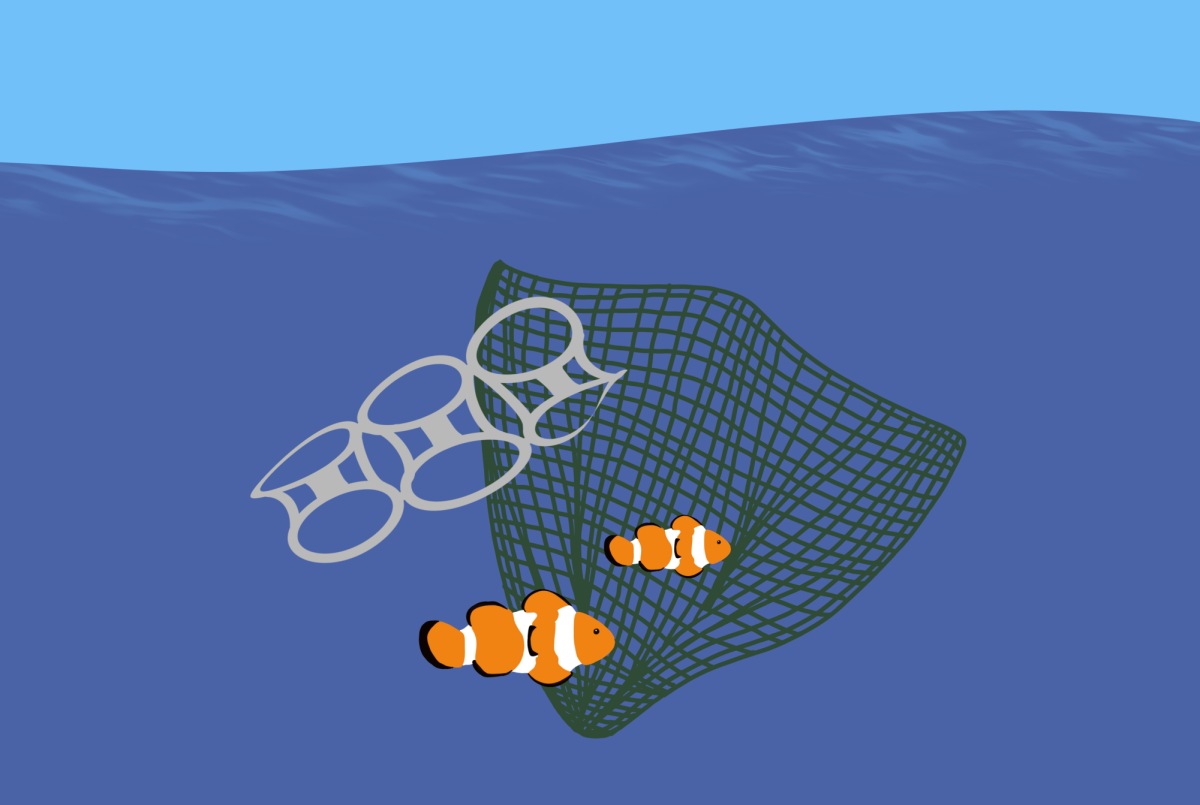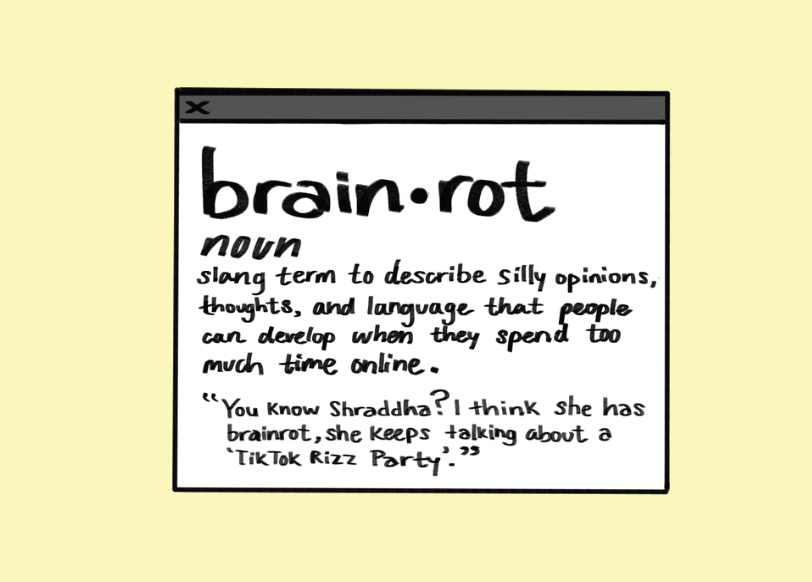Ocean pollution is defined as the disposal of waste materials like oils and plastics, into the ocean. This causes disruptions of ocean habitats, posing a threat to marine ecosystems and wildlife. Many organizations such as the Surfrider Foundation and 4Ocean work to raise awareness and funding for cleaner oceans. However, some efforts, such as those by the non-profit organization The Ocean Cleanup’ have been causing harm in their methods by casting a large net scooping up both pollution and sea life. There is immense importance in finding effective methods for cleaning our oceans while preserving marine biodiversity.
FHS has made some efforts to be more environmentally responsible by addressing its plastic waste distribution. Although there is more that the students and staff can do with the right resources.
“Over the years, our cafeterias worked to [provide] utensils that are biodegradable,” FHS Principal Bryan Emmert said. FHS has been working to be more environmentally conscious with recycling bins and picking up trash around campus.
There are a few different types of ocean pollution that can be divided into 2 categories. Human pollution which is plastic and garbage, chemicals from skincare products, especially sunscreens, fertilizers, pesticides and insecticides and sewage. Machine pollution which is noise made by ships and maritime equipment, oil spills, toxic industrial waste and light pollution.
Among the human pollution category cigarette butts are a significant contributor, breaking down into microplastic fragments that harm both marine life and humans. Microplastics are very tiny pieces of plastic that if ingested, can damage your lungs and can cause certain types of cancers and for sea life microplastics reduce growth and food intake making it very hard for them to exist.
Abandoned fishing gear is also a big contributor to ocean pollution. Fishing nets that are left behind can cause entanglement of ocean creatures and seabirds in an occurrence known as “ghost fishing.” The “Global Ghost Gear Initiative” has been taking a leading role in getting the abandoned gear out of the ocean by doing clean-up projects around the world.
Although FHS is not in close proximity to beaches, students can still contribute to ocean preservation by signing up for local beach clean-ups in Santa Cruz and Half Moon Bay, joining or starting an environmental/ocean clean-up club, picking up trash around campus, donating to local clean up operations and volunteer at beaches, especially during summer. These can help improve the well-being of our oceans and beaches, benefitting both human and animal life.
Ocean Pollution has been a long-standing issue for years, but with the combined efforts of organizations and individuals dedicated to ocean conservation by volunteering for beach or ocean clean-ups and sorting plastic waste our oceans will become a lot cleaner and safer for its inhabitants.



















